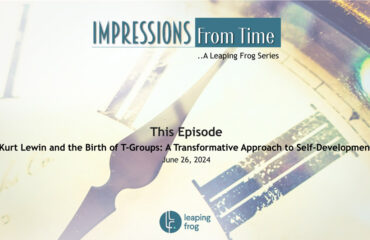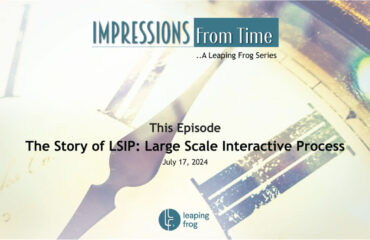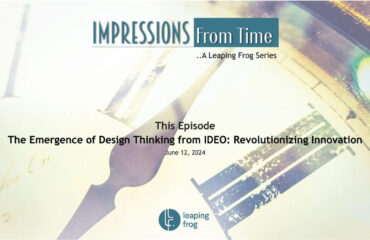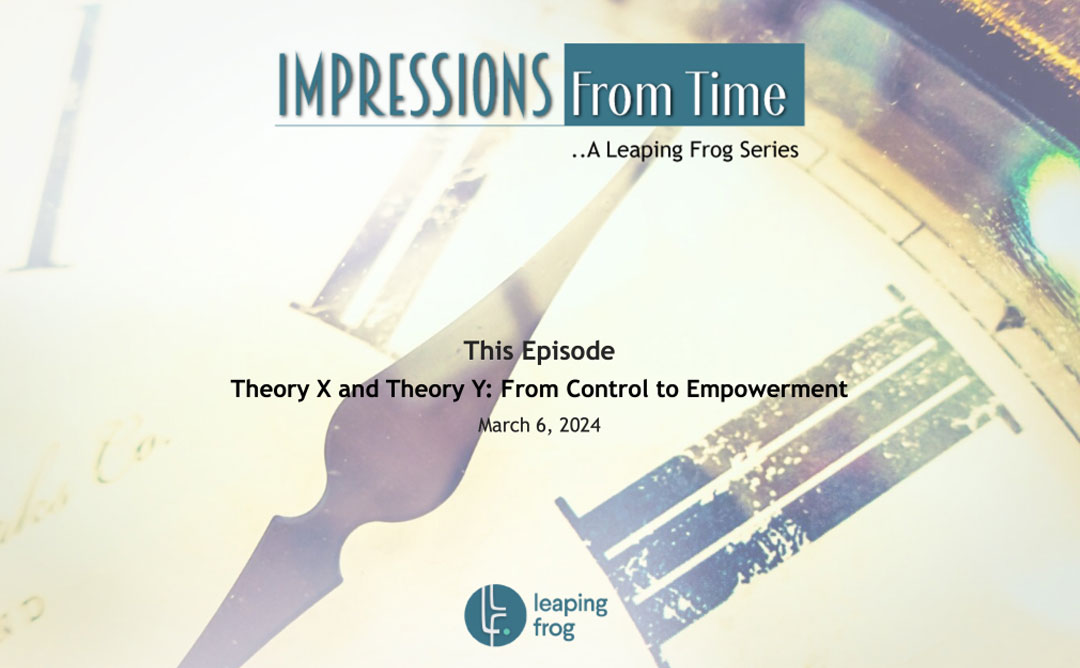
Theory X and Theory Y: Control to Empowerment in Leadership
Explore McGregor’s Theory X and Theory Y and their impact on leadership styles. Discover how shifting from a control-based approach to one of empowerment can enhance organizational performance and employee satisfaction. Few concepts had as profound an impact on the world of management theory as Douglas McGregor’s Theory X and Theory Y. Introduced in 1960 in his ground-breaking book “The Human Side of Enterprise,” McGregor’s theories offered contrasting views on human behaviour in the workplace, revolutionising traditional management practices and shaping organisational cultures worldwide.
Theory X portrayed employees as inherently lazy and unmotivated at its core, suggesting that they required strict supervision and control to ensure productivity. According to this view, managers believed that employees needed to be coerced into performing their duties and that punishment was necessary to maintain discipline.
In contrast, Theory Y presented a more optimistic perspective, depicting employees as self-motivated and capable of taking initiative when provided with the right conditions. Under Theory Y, managers believed that employees inherently sought responsibility and enjoyed contributing to organisational goals. As a result, they emphasised trust, empowerment, and collaboration as key drivers of success.
McGregor’s theories challenged the prevailing assumptions about human nature in the workplace and advocated for a more participative leadership style. He argued that traditional authoritarian approaches to management stifled creativity, innovation, and employee engagement. Instead, he proposed that managers adopt a more supportive and facilitative role, providing guidance and resources while allowing employees to make decisions and take ownership of their work.
Over time, McGregor’s ideas gained widespread acceptance, reshaping organisational cultures and management practices across industries. Companies began to recognise the importance of fostering environments of trust and empowerment where employees felt valued, respected, and motivated to contribute their best efforts.
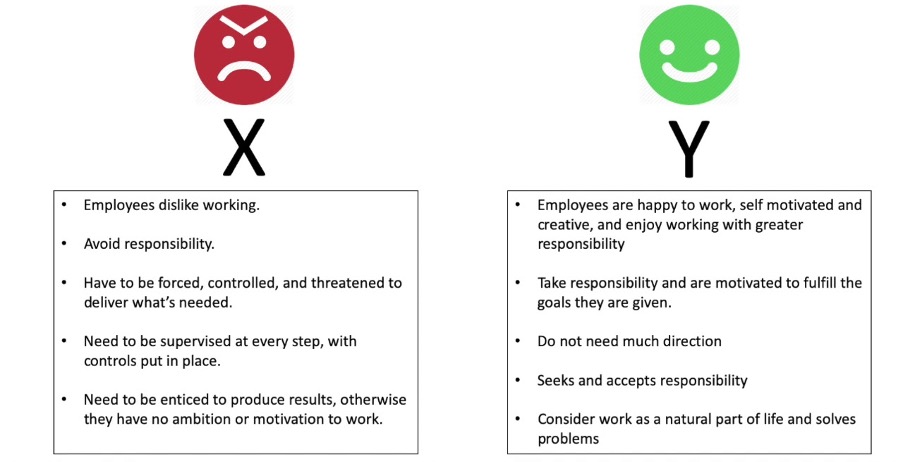
Picture Source: https://www.youtube.com/watch?app=desktop&v=kPwzWGLmO5g
Today, McGregor’s legacy endures as a reminder of the fundamental role of human psychology in the workplace. His theories continue to influence management practices, emphasising the value of employee autonomy, engagement, and empowerment in achieving organisational success.
In practical terms, embracing Theory Y principles involves creating a work environment where employees are encouraged to collaborate, innovate, and take ownership of their work. This may include providing opportunities for professional development, recognising and rewarding contributions, and fostering open communication and feedback.
By adopting a Theory Y mindset, organisations can cultivate a culture of trust, accountability, and continuous improvement. Employees feel empowered to take initiative, solve problems creatively, and contribute to the organisation’s overall success, leading to higher levels of job satisfaction, productivity, and employee retention.
Douglas McGregor’s Theory X and Theory Y have left an indelible mark on management theory. They challenge traditional assumptions about human behaviour in the workplace and advocate for a more human-centric approach to leadership. As organisations navigate an increasingly complex and dynamic business landscape, McGregor’s timeless insights serve as a guiding light, reminding us of the importance of understanding, valuing, and empowering the human element in every organisation.
……………………………………………………………………………………………………………………………………
“Impressions From Time” is a curated series from Leaping Frog about stories from the past that have helped shape modern-day practices in the people and organisation domain.
Leaping Frog, a new-age consulting firm, is an enabler and co-creator in enhancing people and organisational effectiveness. We love doing work in the areas of “Driving Organisational Change and Development”, “HR Systems and Talent Strategy”, and “Leadership and Life Coaching”.
Connect and share, for work and more.
Mail: comm@leapingfrog.in
Website: www.leapingfrog.in
Follow Us: https://lnkd.in/d7TQbsia

